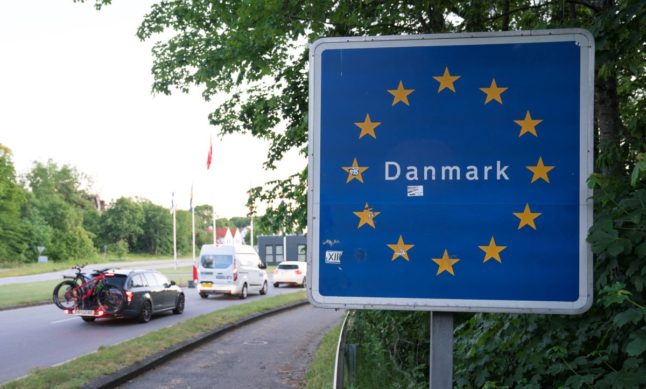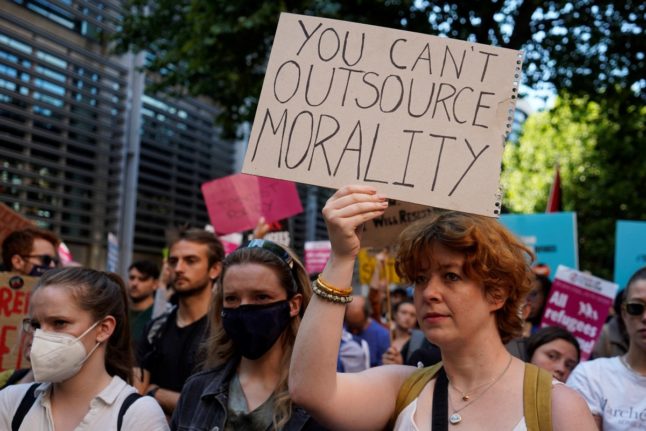The ruling, made on Thursday by the Court of Justice of European Union, means that so long as a non-EU citizen has legal residence in at least one EU country, they cannot be turned away at Denmark’s border with Germany or Sweden, even if they have no right of residency in Denmark, Danish newswire Ritzau reports.
The court found that such foreigners are protected by ‘Returns’ Directive, which means that any non-EU citizen illegally staying in an EU country cannot be turned back at a border with another EU country without a formal return decision, giving them time to at first leave the country voluntarily.
“That also applies where… the person concerned has been apprehended at a border crossing point on the territory of the Member State concerned,” the judgement reads. “Indeed, a person may have entered the territory of a Member State even before crossing a border crossing point.”
Jens Vedsted-Hansen, a law professor at Aarhus University, told The Local that the judgement was about the procedure for turning away a non-EU citizen rather than about member state’s right to deny them the right to stay.
“First of all, this judgment is not about the right to refuse entry,” he wrote. “This right in and of itself is not up for discussion in this case, but more the way in which such a refusal can be enforced. What the court is saying here is that in the case of refusal of entry at internal borders, the procedure laid down in the Returns Directive must be respected, as the possibility of exemption from this procedure can only apply in certain cases at external border controls”.
Anders Vistisen, an MEP with the far-right Danish People’s Party said to news wire Ritzau that the ruling means that any foreigner who has, say, a visa to Poland, can no longer be turned away at the German border if they are stopped by Danish border police as a result of the current temporary border controls.
Vedsted-Hansen added that although Denmark has an opt-out from the Schengen Borders Code or the EU’s Returns Directive, it had implemented these EU directives into national law and was as a result indirectly committed to complying with them.
“This means we are indirectly bound by the interpretation determined by the EU Court of Justice,” he said.
The court case was brought by several French rights groups, including Association Avocats pour la défense des droits des étrangers (ADDE). The groups wanted to test the legality of an order amending the Code governing the entry and residence of foreign nationals and the right of asylum (Ceseda) before the French Council of State.



 Please whitelist us to continue reading.
Please whitelist us to continue reading.
Member comments